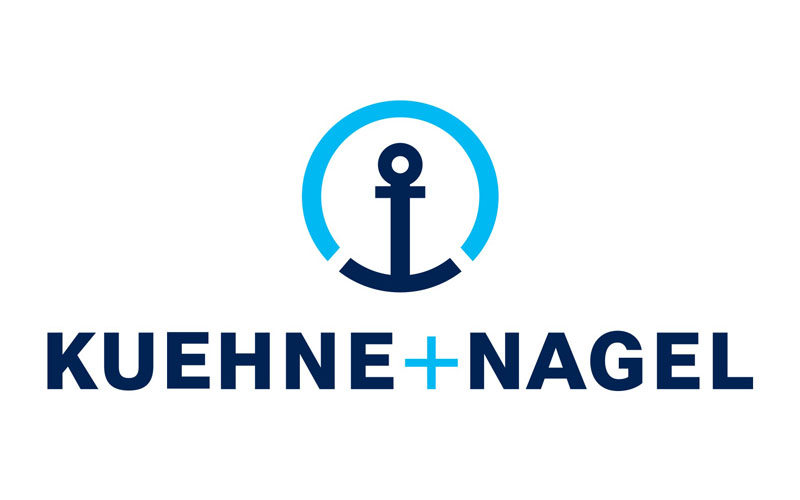HONG KONG, CHINA – Media OutReach – June 14, 2018 – Research study on work of local and foreign brokerage analysts in China finds political knowledge creates information wedge between market participants.
Institutional factors, such as politics and the relationships between politicians and companies, can shape the way businesses report financial information in many emerging economies.
There is often huge foreign interest in such economies — particularly the Asian powerhouse, China — but it can be a major challenge for some market participants to obtain such information.
Tianyu Zhang, Professor of School of Accountancy and Director of Centre for Institutions and Governance at The Chinese University of Hong Kong (CUHK) Business School with his collaborators Prof. Forester Wong and Prof. T.J. Wong, both of University of Southern California Marshall School of Business, examined the role political knowledge plays in China in creating an information imbalance between different market participants, offering valuable insights into the workings of China’s emerging markets.
“We used financial analysts as our market participants because forecast accuracy offers a good benchmark for measuring the information they possess,” says Prof. Zhang.
“Another reason is that the different acquisition costs of political knowledge between local analysts (those working for domestic brokerages), and foreign analysts (those working for local offices of foreign brokerages) is likely to drive an information wedge between them,” he adds.
China: An Ideal Context for Information Asymmetry Study
According to Prof. Zhang, China offers an excellent context in which to study the effect of political institutions on information asymmetry between market participants.
“Many of China’s markets, including the equity market, are still heavily regulated by the government, and the state continues to hold the majority share ownership of the large listed firms,” he says.














Comment